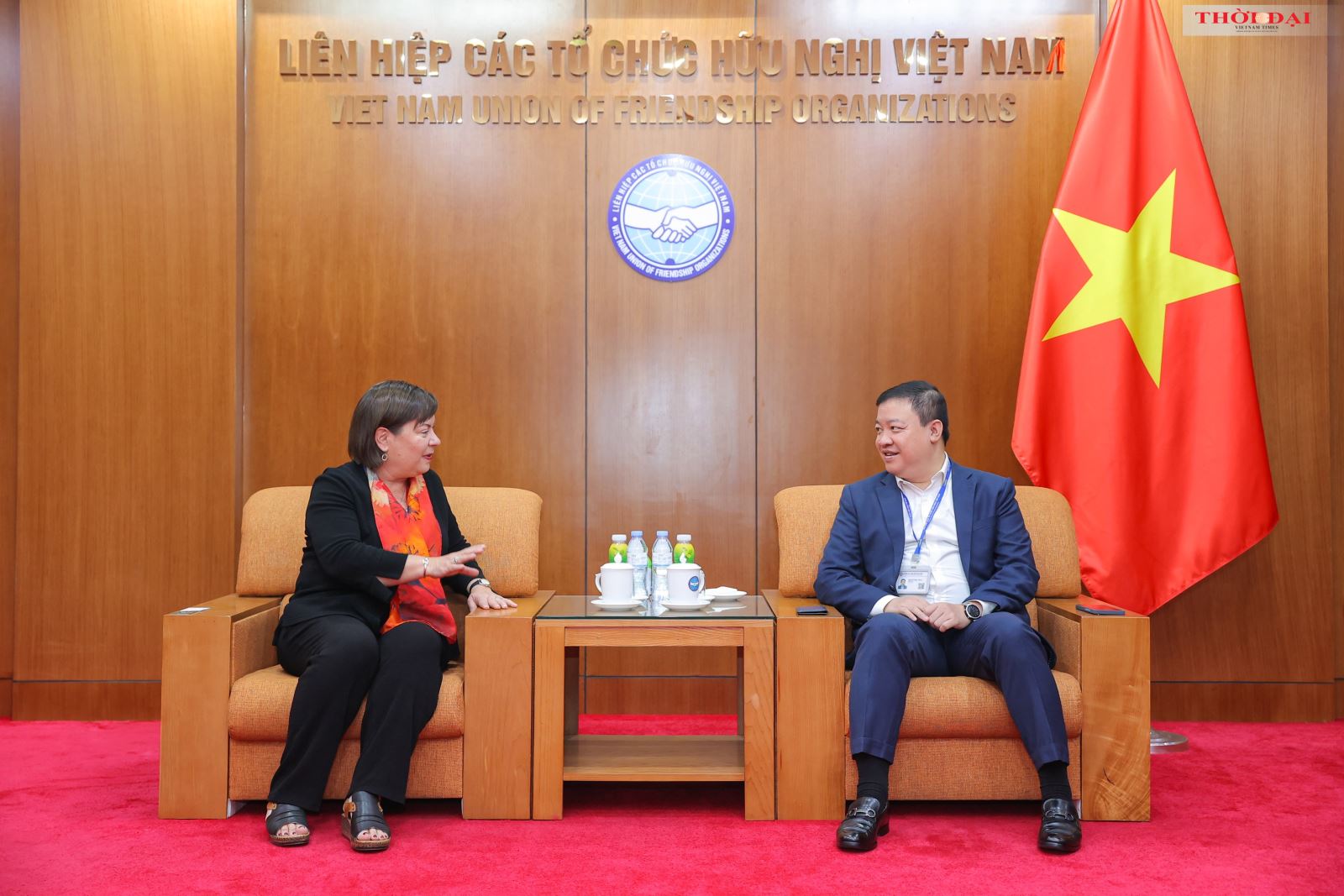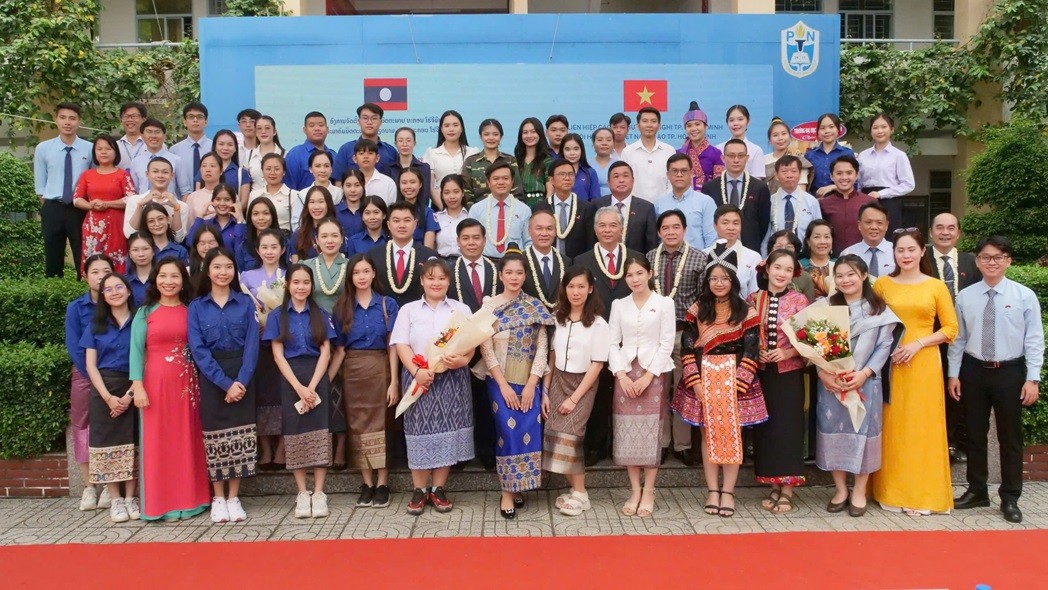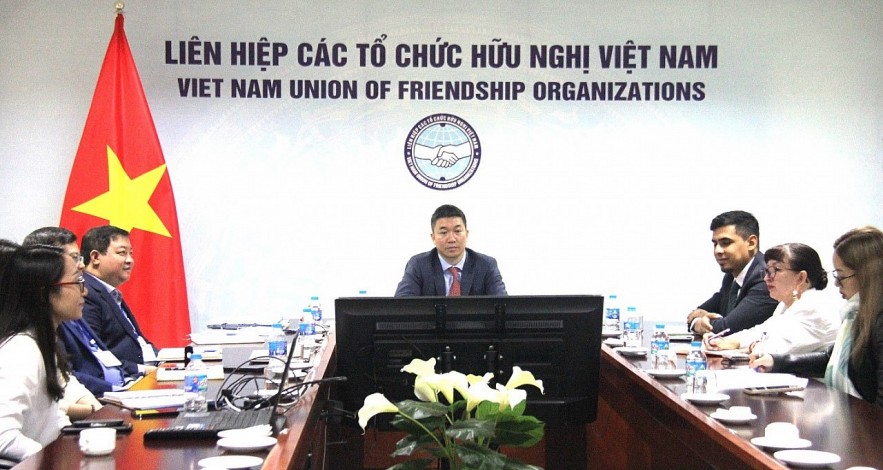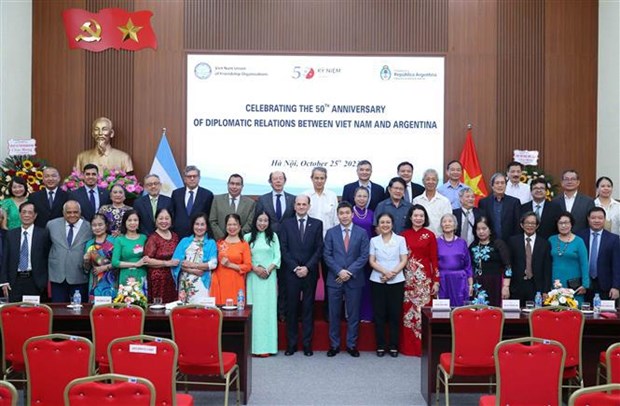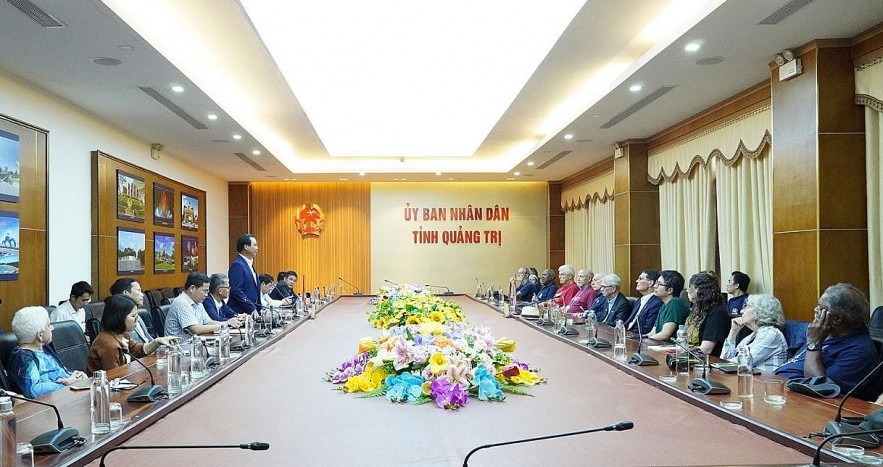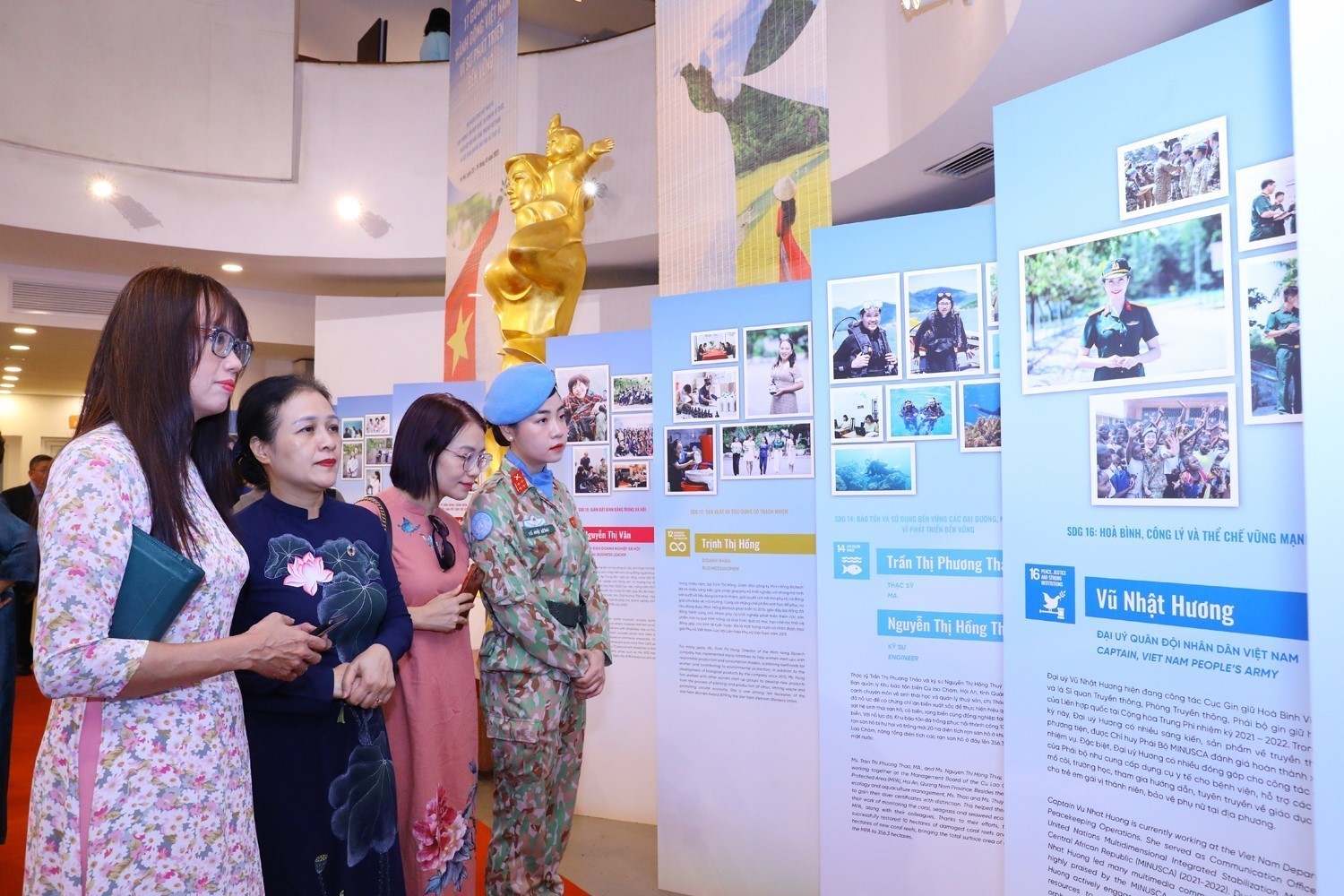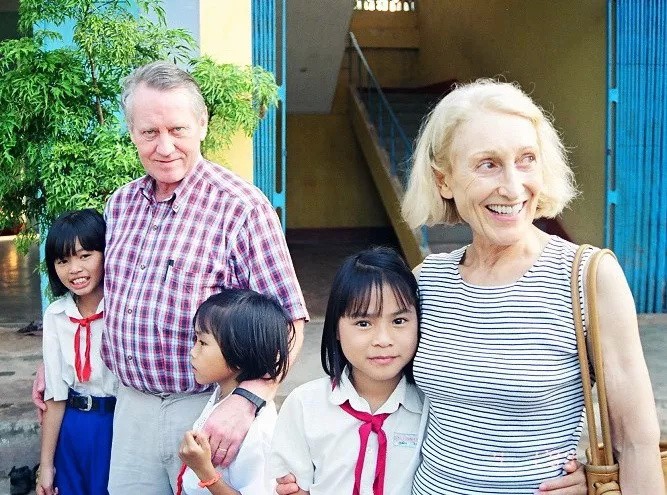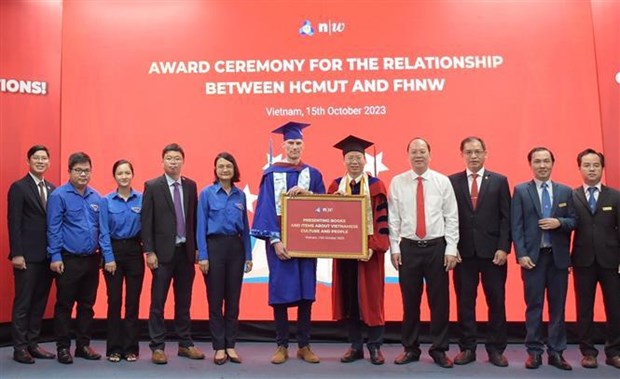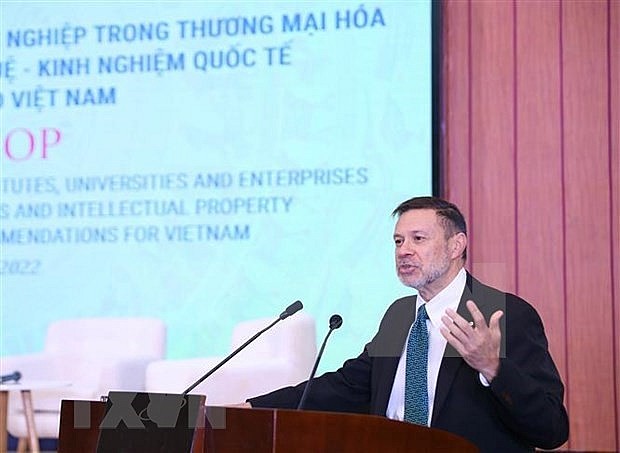 |
| Australian Ambassador to Vietnam Andrew Goledzinowski. Photo: VNA |
In an article written on the occasion of the 93rd Vietnam Women’s Day (October 20, 1930-2023) and the 50th anniversary of Vietnam - Australia diplomatic relations (1973-2023), the ambassador said since 2010, the two countries have begun to explore areas of common interest to promote gender equality through development cooperation, according to VietnamPlus.
He recalled that at that time, Vietnam was ranked 72nd out of 134 countries in the World Economic Forum's 2010 Gender Gap Report and 33rd in terms of women's economic opportunities and participation. This is an impressive achievement for a country that just escaped poverty and war, the diplomat said.
In 2015, Vietnam succeeded in reducing its birth mortality rate by two-thirds and was considered a global success story for gender equality in terms of access to basic education.
Cooperation between the two countries in the early stage focused on women's access to essential service. Australia supported MSI Reproductive Choices in expanding access to health services in rural districts and connecting women in rural areas to information and products related to sexual and reproductive health. It also assisted CARE International in carrying out microfinance and income generation projects to improve the livelihoods of women in rural areas.
During this decade, Australia Awards Scholarship program encouraged Vietnamese women to pursue their higher education in Australia. In 2014, the number of women receiving scholarships surpassed that of men, which has continued until now. Australia's educational partnership with the Vietnam Center for Gender Studies and Women's Leadership (GeLEAD) at the Ho Chi Minh National Academy of Politics designed extracurricular programs to support women's participation in leadership programs.
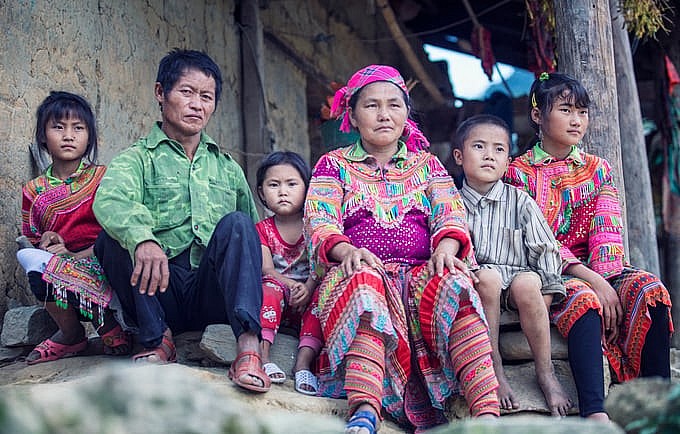 |
| In 2015, Vietnam succeeded in reducing its birth mortality rate by two-thirds. Photo: UNFPA Vietnam |
Ambassador Goledzinowski noted that the launch of Australia's Gender Equality and Women's Empowerment Strategy in 2016 enhanced the two sides’ cooperation on gender equality.
He shared that Australia has supported Vietnam in amending the 2007 Law on Domestic Violence Prevention and Control. He went on to say that Vietnam is recognized for the economic mobility of women, so women's economic empowerment is a strong area of cooperation between the two countries. Australia supports enhancing the role of women in production and market development, especially in agriculture and tourism in Lao Cai and Son La provinces while removing their barriers to information, networks, and technology.
The ambassador noted that Australia, along with Vietnam, is currently paying attention to gender aspects in high priority agendas such as climate change and energy transition, digitalization and innovation, trade agreements, among others. By highlighting gender implications of policy choices in these areas, decisions can expand access to better opportunities and protect against negative impacts on Vietnamese girls and women. Supporting gender equality enhances the country's prosperity and stability, he said.
He concluded that Australia pledges to cooperate with Vietnam to continue to promote gender equality and move towards equality for the two countries.
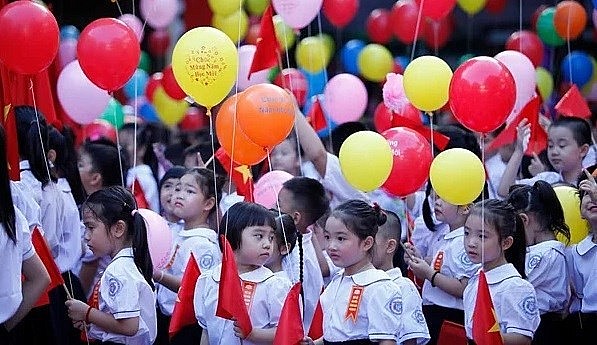 |
| Vietnam has been considered a global success story for gender equality in terms of access to basic education. Photo: phunuvietnam.vn |
In Vietnam, gender imbalance at birth has been a demographic challenge since 2006. In 2015, the sex ratio at birth was very high at 112.8 boys per 100 girls. During the 2016-2022 period, efforts were made to control the increase in the birth sex ratio, however, it remains unstable and higher than the natural balance (112 boys per 100 girls in 2022), said the World & Vietnam Report.
Vietnam climbed two places from the 117 out of the 189 countries in 2019 to the 115 out of the 191 countries in 2021 in the global 2021/22 Human Development Report (HDR) released by the United Nations Development Program (UNDP).
The country’s Human Development Index (HDI) value of 0.703 in 2021 was essentially unchanged from the 0.704 in 2019.
According to the UNDP, unlike most of the developing countries, Vietnam managed to sustain economic growth during the most difficult years of the Covid-19 pandemic. Although the average pace of growth slowed, and vulnerable groups and individuals suffered periods of real hardship, a major reversal of human development progress was avoided, said Nhan dan (People) Newspaper./.
Q.Hoa t.h / Vietnamtimes

